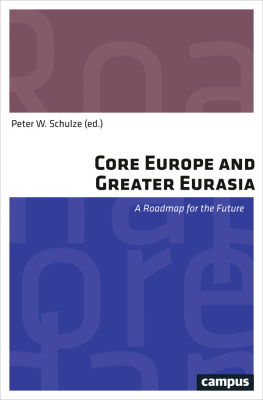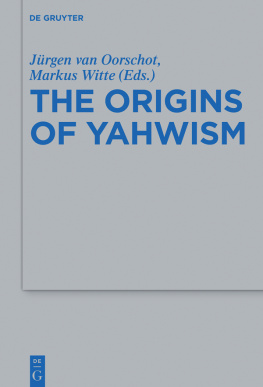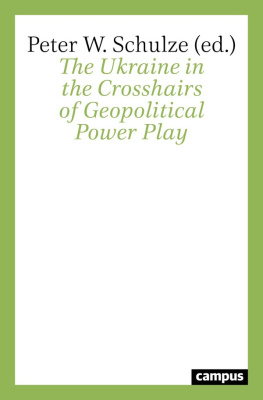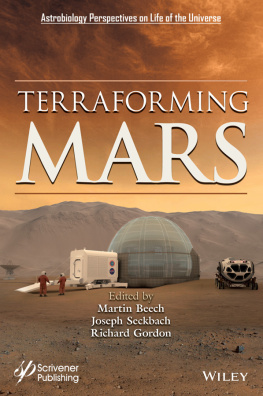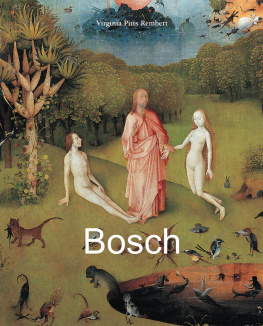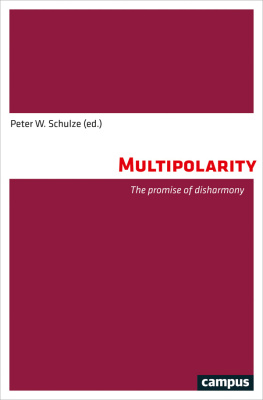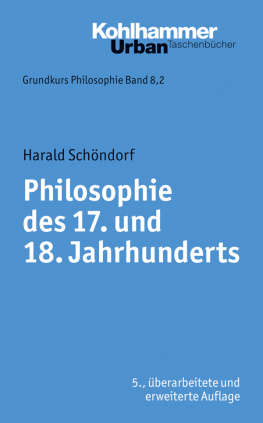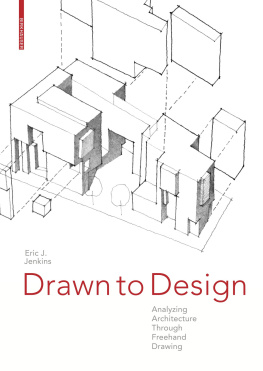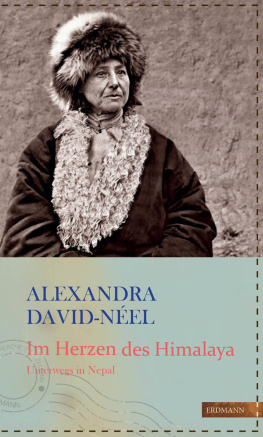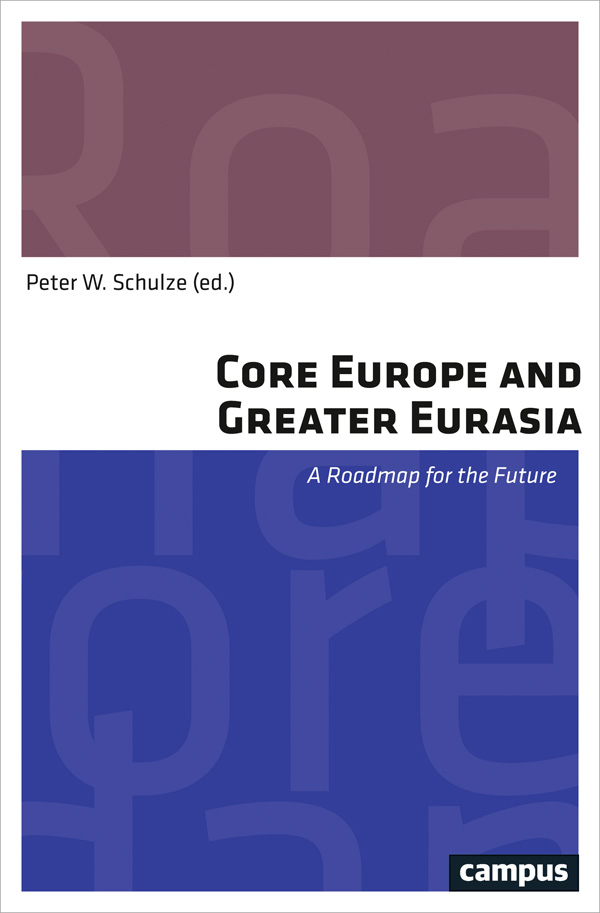Peter W. Schulze is Honorary Professor at the Institute of Political Sciences at University of Gttingen and Co-founder of the DOC RI Berlin.
Foreword
Peter W. Schulze
In 2016, two interconnected events unleashed the potential to change or even deconstruct major trends which have shaped the configuration of international actors for decades. Brexit could undermine the economic and political unity of the European Union and bring both its enlargement and its objective of being regarded as a relevant geopolitical actor to a standstill. Additionally, the election of a US president whose America First policy oscillates so extensively between more protectionist and less interventionist goals, without any strategic concept at the centre, will weaken Washingtons globally hegemonic position.
Nonetheless, the New World Order cheerfully announced by the Bush administration after the collapse of the USSR put an end to the bipolar system and ended threats of Europes nuclear annihilation in a case of war. In retrospect however, Eastern and Western experts both agree that neither the bipolar order nor the United States subsequent unipolar hegemony have succeeded in creating a peaceful world. The inclusion of most former Warsaw Pact countries within NATO and the EU factually eliminated the danger of European interstate warfare; but a unified security order encompassing all European states has not emerged. Pushing aside the opportunity offered by the Charter of Paris, Europe has been divided into several spaces of security. While Western Europe has enjoyed security and economic wellbeing, institutionally enshrined in NATO and the EU, the majority of the CIS countries have only been limply regulated by Russia in security arrangements, the Collective Security Treaty Organization (CSTO), and the Eurasian Economic Union (EEU). Moreover, the space stretching from the Baltic Sea to the area in between the Black and Caspian seas, Europe-in-between , is composed of states too politically unstable, economically weak, and torn apart socially by ethnic strife to guarantee either the welfare or the security of their citizens. The present crisis in Ukraine is indicative of the complexity of internal problems and their exploitation by outside forces.
Undoubtedly, the last decade of the twentieth century and the first decade of the new millennium witnessed fundamental shifts in the power constellation of international actors. So far, transformations have been influenced by the interplay of Washington, Moscow, and Beijing, and, less significantly, by the European Union: The current global order, established by the hegemonic US and founded on liberal institutions and universal values, is now being challenged by nascent counter forces. If successful, these forces will eventually create a multipolar or polycentric global order. Nevertheless, the central question remains unanswered: can the emerging polycentric global order provide security and welfare for the international community?
In the midst of these changes on a global scale, the European integration process has run into an impasse of internal contradictions and external challenges. The EU is undoubtedly in dire need of reform; some European perestroika and glasnost are required. The debate on deepening versus widening which dominated the 1980s has appeared on the agenda again, but has been addressed differently.
Given the economic and political turbulence since 2009, widening seems to be out of the question for the foreseeable time. But deepening is subject to harsh populist reactions. Core Europe, the democratisation of the EU, and/or the regression to a commonwealth of nation-states that reduces supranational authority, are fiercely debated concepts. The issues are complicated by the impasse of EU-Russia relations which had already started nine years ago but escalated to reciprocal sanctions during the Ukraine crisis. Antagonistic narratives on both sides have caused the destruction of a formerly high-level and intensive network of interest-based, cooperative, multilateral and bilateral relations. But the question is: how to reach a negotiated and peaceful solution, agreed by both sides, on the Ukraine crisis?
Time is running out because we are seeing a change of paradigm on both sides. Frustrations about Brussels are growing, and nourish the shift towards a Greater Eurasian concept. Russia is tilting to the East, to the Pacific Rim and China. The EU is no longer the sought-after partner, but has been reduced to the status of a neighbour. Yet without the common and shared responsibility of Brussels and Moscow, the potential for explosive conditions in Europe-in-between cannot be resolved.
Quo Vadis Europe? Further, can the European Union and Russia build a common and shared understanding for creating welfare, peace, and stability in Europe? The main issues addressed in this book were debated in two DOC workshops in Rhodes and Berlin in 2016.
Introduction: Quo Vadis Europe The End of a Dream?
Wendelin Ettmayer
The Diplomatic Revolution in Europe
During the last two generations, the legitimacy, goals, and means of diplomatic relations among European states have totally changed. What have also changed are their attitudes towards war and sovereignty. The legitimacy of foreign policy, throughout the centuries, had been based on the increase of the power of the state and the glory of the monarch. Foreign policy was power politics. The history of diplomacy was the history of wars, and peace negotiations, followed by other wars (Simms 2013).
During the last two generations, a revolution has taken place. In todays Europe, the legitimacy of foreign policy is found in the promotion of the welfare of the people: improving living standards; the observation of human rights; the promotion of commerce and culture; the creation of jobs; and the protection of the environment. The Welfare State has an international dimension, and this is especially true in Europe. The welfare of the people, not the increase of the power of the state, legitimises foreign policy in todays Europe (Ettmayer 2016).
The traditional goals of foreign policythe increase of the power of the stateare still taught in our schools; Metternich, Bismarck, and Kissinger are still presented as the great heroes of diplomacy. This corresponds to the traditional way diplomacy was conducted. After the 1648 Peace of Westphalia, a system of states emerged in Europe where mutual relations were upheld by the principles of state sovereignty and territorial integrity. States were not subject to superior authority and the national interest was the driving force of foreign policy. Diplomacy concentrated on the maintenance of the balance of power. The soldier and the diplomat constituted a unified whole. Diplomacy reflected the art of the possible ; war was seen as the continuation of politics, albeit by other means (Windelband 1922).

